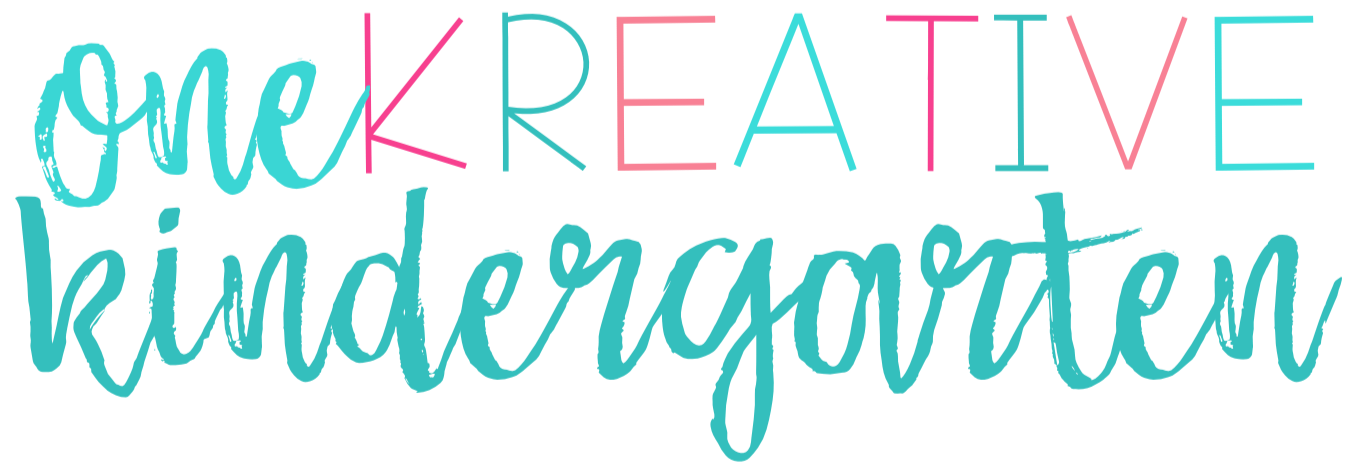When I tell people I’m a kindergarten teacher, often they ask what we do in my classroom. I run through a list of all the academics and include that we end with time for free play. Play, to anyone other than a teacher, is not thought of as another aspect of learning. Play, to some parents, is not thought of as an aspect of learning. We need to change this.
When I’m explaining what my 5-year-old students do each day, I feel like in order to be a legit teacher I need to state all the academics my students learn. Don’t get me wrong, math and reading, science and social studies, are important too, but play is just as important as a “core” subject. Kindergarten teachers are not less legit because play is incorporated in their daily schedule. Play is a key component of a kindergarten classroom schedule.

Why Play is a Key Component of Your Schedule
Social Skills
During free play, students develop social skills. They learn how to talk to friends, work out problems and how to share. These social skills are important in life as they grow up. I tell my kindergarteners that sometimes I don’t agree with someone I’m working with but we figure out how to solve the problem in a way that’s most fair. Students also need to learn social cues to be successful adults. They learn what’s appropriate and inappropriate behavior. They learn these skills while they’re playing.
Imagination and Creativity
Students can use their imagination and practice creativity when they have a chance to play. I’ve watched students pretend they were dogs and crawl around the classroom or pretend they were princesses in a castle. I’ve witnessed students playing store and creating hats and purses out of paper. Imagination and creativity is developed and used when students have a chance to play. This creates adults who are out of the box thinkers and solve world problems in ways we never thought possible.
Interests
When students get to choose what they do, they explore different materials and experiences and find their interests. A student who gravitates toward building with blocks may become an architect one day. I’ve had so many students play teacher and teach other students during our free play time. This exploration is important because they also find out what they’re not interested in. These experiences shape their journey as they grow into citizens of the world.
How to Incorporate Play in the Classroom
I set aside 30 minutes for free play every day of the week. However, I know that may not be possible for some classrooms or certain grade levels. There are ways to incorporate play in the classroom while you teach the “core” subjects.
Hands on Activities
When you use hands on activities, students feel like they are playing because hands on learning is fun learning. Give students activities that they can use their imagination and creativity. No activity should look exactly the same when finished. Students should be able to make it work for them and when they do this, they’re using problem solving skills, creativity and imagination.
STEM
Similar to hands on activities, using STEM in the classroom gives a play-like feel. My favorite part of STEM is that you provide the materials and the problem and students come up with the solution. When I observe students finding solutions, they come up with things I would have never thought of! Putting students in groups and having them work together adds an element of problem solving with others and developing social skills.

Readers Theatres
I love using readers theatres in my classroom (once my students feel more confident in reading) because it give them a chance to play a role that’s different from themselves. When students pretend to be something or someone else, they use their imagination.
Math Games
On Fridays, my students get to play math games that give them extra practice on skills we’ve learned throughout the week. During these games, students are not only practicing math concepts, but they’re also developing social skills, how to work out issues that arise, and how to play fair. These are all skills that students need to develop to be successful humans in the adult world.
Play is Important
Play is a crucial part of my schedule and a very important aspect of learning. I want students to learn kindergarten academics but I also want them to be good people. Free play gives them the opportunity to develop the skills needed to be good people in this world.
Do you incorporate play in your classroom? Comment below!





